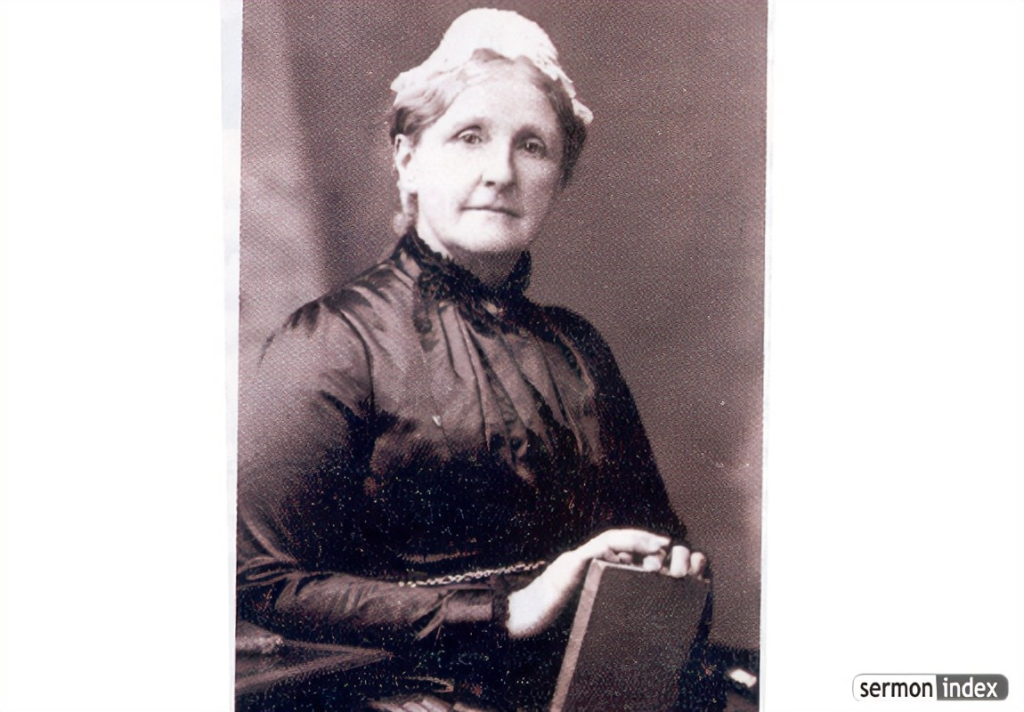
1672
“God raised up Mr. Addison and his associates to lash the prevailing vices and ridiculous and profane customs of this country, and to show the excellence of Christ and Christian institutions.” To win such praise from John Wesley, Joseph Addison must have exerted a great influence indeed.
God “raised up” Joseph Addison on this day, May 1, 1672. He was born in England near Amesbury in Wiltshire in the heart of Old Wessex, not far from the Avon River. His health at birth did not give much assurance he would survive long, and so he was baptized the same day.

Strong moral influences surrounded him as a youth. Through both parents he was related to clergymen. His mother was sister to the Bishop of Bristol and his father became Dean of Lichfield while Joseph was still a youngster. Richard Steele visited the Addison home and considered the affectionate peace of its atmosphere worthy of recording in an issue of the Tatler newspaper.
Trained to become a priest, he never took up his profession. Probably he would not have done well in the pulpit, for he was shy. Instead, the press became his pulpit. He had learned to write early and became one of the greatest stylists of the English language. His Latin poetry is considered among the best done by an Englishman. But his real fame comes from the “newspapers” he and Richard Steele produced together: The Tatler, The Spectator, and The Guardian.
These enjoyed a wide readership. The climate of the day was such that the majority of Englishmen actually cared to improve their manners and morals. Steele and Addison poked fun at annoyances large and small, such as giggling in church, thus becoming architects of public opinion. For The Spectator Addison invented a fictional character named Sir Roger de Coverly. Through Sir Roger The Spectator became the conscience of England. Addison’s lively anecdotes exposed folly and suggested better behavior. Although they risked failure by doing so, the two editors deliberately chose to avoid gossip and politics.
In addition to his satires, Addison wrote hymns which still find a place in our hymnbooks:
When all Thy mercies, O my God,
My rising soul surveys,
Transported with the view I’m lost
in wonder, love and praise.
On his deathbed, he was calm and courageous. He urged his nephew to “see how a Christian can die.” The excellence of his writing ensures that his memory will not soon perish, for his essays are often included in anthologies of English literature.
1911
Heart beating in fear, feeling terribly wicked, Hannah Whitall slipped into the Academy of Fine Arts in Philadelphia. “I suppose now I shall go straight to hell,” she thought, and was surprised that God did not strike her dead. She had been brought up in a loving but strict Quaker home. The girl thought of herself as a Christian and believed she must be good to please God and win his salvation. Unfortunately, she never heard the plain gospel story. Instead, she was taught scruples about art and clothes and other things.
At sixteen, Hannah told her journal, “…I cannot really become righteous until I repent, and I cannot repent.” Hungry to find God, she searched her emotions, hoping for feelings of repentance and of goodness. When she could not work up a feeling of love for God or a desire to do his will, she despaired of salvation. After years of misery, she even began to doubt the existence of God. While still living in this despair, she married and had children.

Sometimes our cruelest losses are the avenue to our greatest gains. For Hannah Whitall Smith, the loss of a five-year-old daughter finally unlocked the gates of heaven. Unable to bear the thought that the girl had gone into a cold, impersonal nothingness, she sought desperately for a ray of light. At that time, Philadelphia businessmen came together for noon prayer meetings. Hannah wondered what prompted so many to give up their lunch hour and went to see. “Suddenly something happened to me. What it was or how it came I had no idea, but somehow an inner eye seemed to be opened in my soul, and I seemed to see that after all God was a fact–the bottom fact of all facts–and that the only thing to do was to find out all about him.”
By August 30, 1858 Hannah Smith had recorded a full commitment to belief in Christ as her savior from sins. She saw that salvation was not based on feelings but on God’s facts. At once she shared this insight with others and began to attend a Plymouth Brethren congregation.
Some time later she realized that she must suffer with Christ if she was to enjoy him fully. She prayed to share His sufferings. Expecting persecution, she came under a terrible burden for souls instead–she could scarcely bear to look into the faces of the unconverted. She took to wearing a thick veil–but more than ever spoke to people about Christ. Her anguish eventually led her to teach that all people will be saved.
Although Hannah was a Christian, she still found herself slipping into moments of anger, bitterness, and irritability. Unable to change herself, she prayed for change. It was then she overheard some simple folks talking of new depths of Christ they had discovered. Feeling contemptuous of them for their lack of learning, Hannah nonetheless attended one of their meetings. They demonstrated a character she lacked and she became their eager student.
“Christ came to save us from the power of sin as well as the penalty of sin,” they told her. The secret was to abide in him. Christians are not meant to live joyless, defeated lives, but to abound with joy and victory. As Paul says, “sin is not to have dominion over us.”
One of her daughters pleaded with her to put her wisdom into a book. Hannah did so, over twenty years before she died on this day, May 1, 1911. Theologians say The Christian’s Secret of a Happy Life teaches the error of Quietism: that we must do nothing and let Christ do it all. But her book has encouraged generations of Christians with sage advice such as, “When doubts come, meet them, not with arguments, but with assertions of faith. All doubts are an attack of the enemy; the Holy spirit never suggests them–never. He is the Comforter, not the Accuser; and He never shows us our need without at the same time revealing the Divine supply.” – Hannah Whitall Smith
